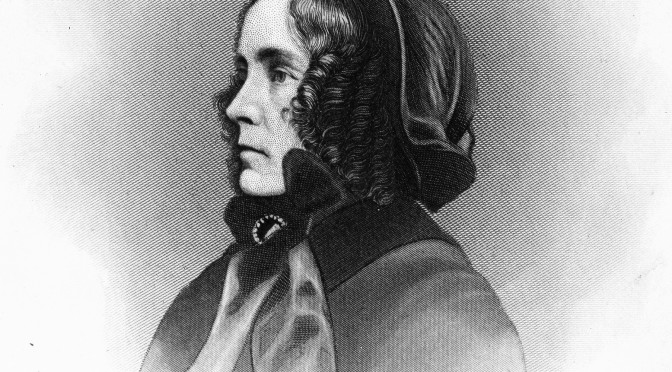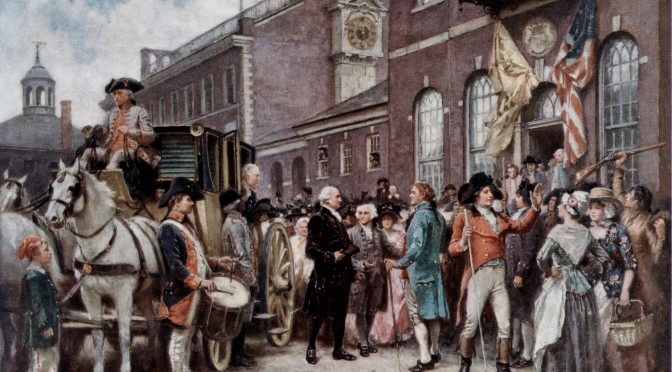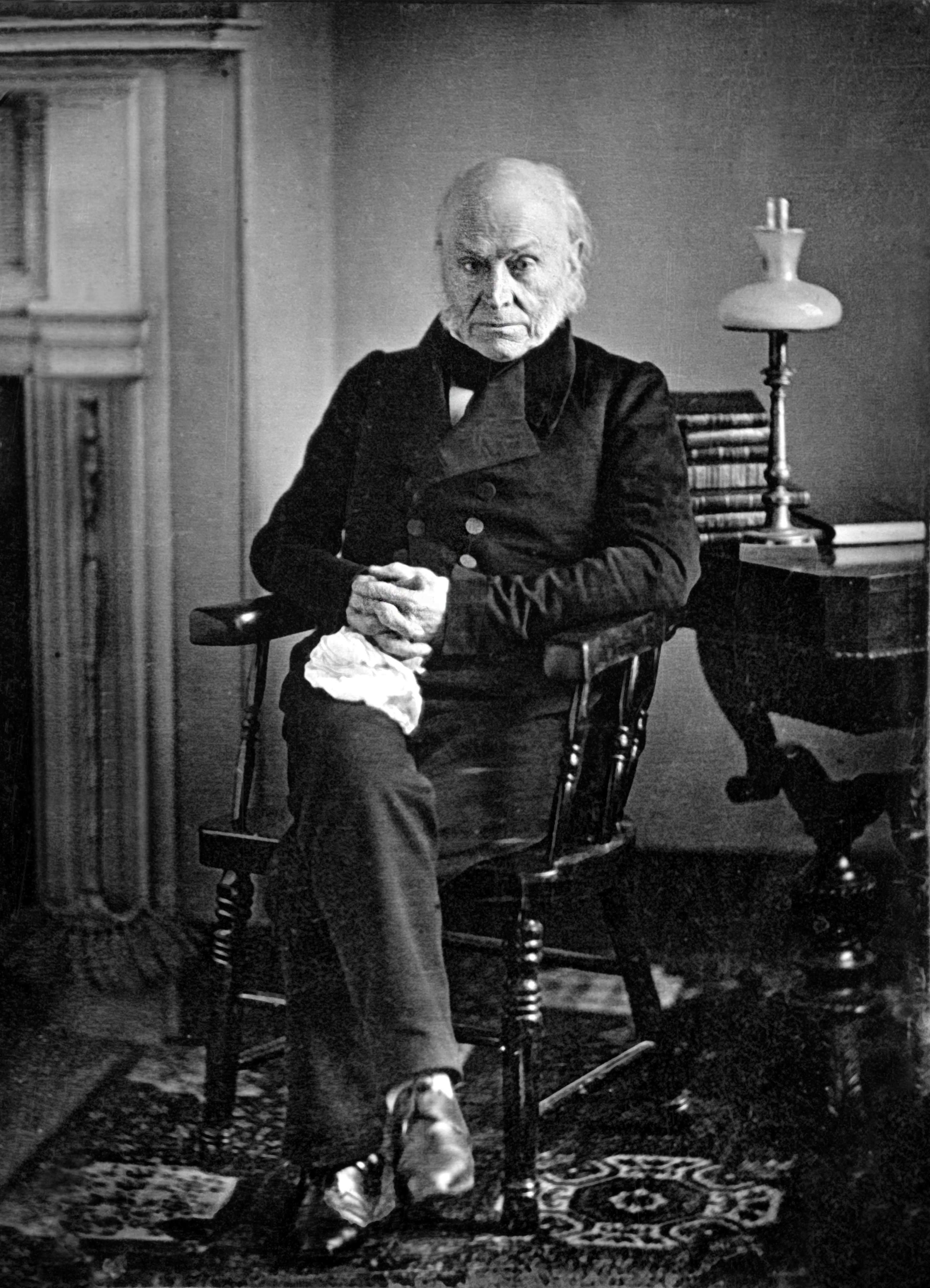You are a shy, retiring woman, devoted to religion and intellectual pursuits, but your husband is an extrovert—smart, charming, and so very handsome. You have suffered crushing losses and want nothing more than a peaceful life centered on home, family, and, above all, your beloved and only surviving child. Unexpectedly, your country bestows upon your husband its greatest honor. You hesitate, but unwilling to deny him such a prize and recognizing what it could mean for your son’s advancement, you reluctantly embrace your spouse’s dream and with it a future of attention, fashion, protocol, criticism, and intrigue: all that you most hate.
Then, in an instant, before it has even begun, it all turns to ashes.
Today marks the 209th birthday of Jane Means Appleton Pierce, the wife of President Franklin Pierce, First Lady of the United States from March 4, 1853, until March 3, 1857. First lady lore is full of tragedies and tragic figures. Mary Lincoln and Jacqueline Kennedy both lost children while residing in the White House and then saw their husbands murdered before their eyes, prematurely ending their tenures. Three first ladies, Letitia Christian Tyler, Caroline Scott Harrison, and Ellen Axson Wilson, died in the White House itself. Still, no president’s wife ever entered the Executive Mansion bearing more sorrow—and with less fortitude to endure it—than did Jane Pierce. Continue reading The Ghost of the White House : Jane Appleton Pierce in the Shadows of Power



